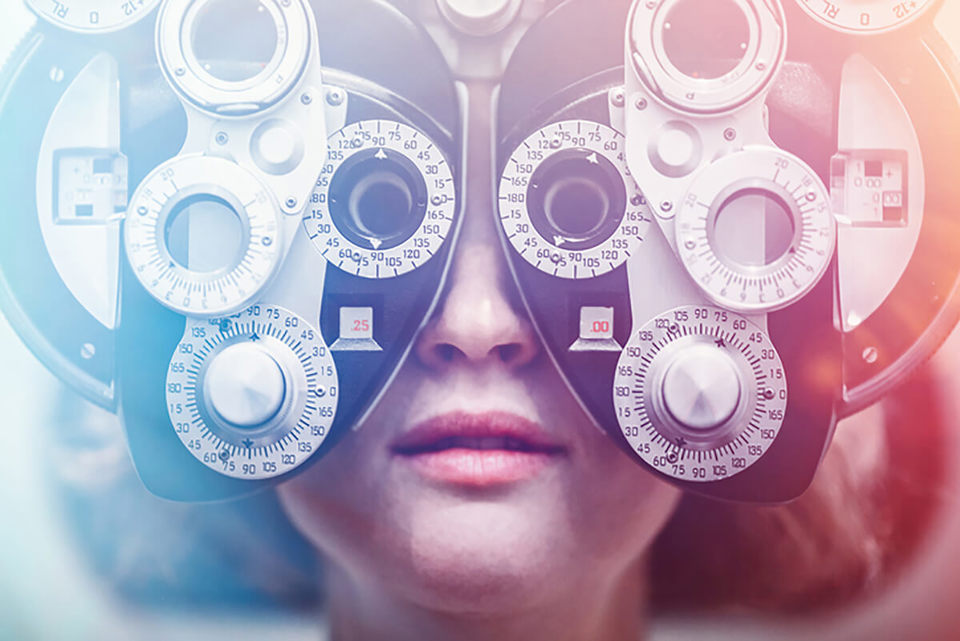Motorists need to be having regular eyesight checks, says Simon Elstow, head of training at driver training specialist IAM Drive & Survive.
He said: “Your eyesight will inevitably change as you get older, and usually not for the better.
"Since the majority of information gathered in order to make decisions while driving is through your eyes, good vision is a necessity.”
Elstow offers tips on eyesight and driving:
• Get your eyes checked regularly by a qualified professional. (Some people are entitled to free NHS eyesight checks).
• The law requires drivers to be able to read a car number plate from a distance of 20 metres – If you need glasses or contact lenses to do this, they must be worn at all times when driving.
• If you are diagnosed with a condition which causes vision impairment, the law says you must inform the DVLA. Failure to do so is a criminal offence.
• If you have trouble with night vision or headlight glare, avoid driving in the dark. Older eyes take longer to react to changes in light, lengthening the recovery period after facing dazzling headlights.
• Do not look directly at oncoming lights – look past them on your side of the road, so they are in your peripheral vision, not in the centre of your eyes.
• Peripheral vision is diminished as eyes age - Turn your head rather than glancing sideways to compensate for this.
• Maximise your view by keeping headlights, mirrors, and windshields (inside and out) clean.
• Remember that your vision will feel more affected when you are tired – so if you have the option, make allowances, and try to avoid driving then.
He explained: “The deterioration of our eyesight can go unnoticed, a fact which is especially problematic after about the age of 40.
“Poorer vision can pose an even greater risk during the winter months, with fewer hours of daylight and more challenging weather conditions.
"Now is the time to book yourself in for an eye test to ensure you’re as safe as you can be when driving your vehicle.”

















Login to comment
Comments
No comments have been made yet.